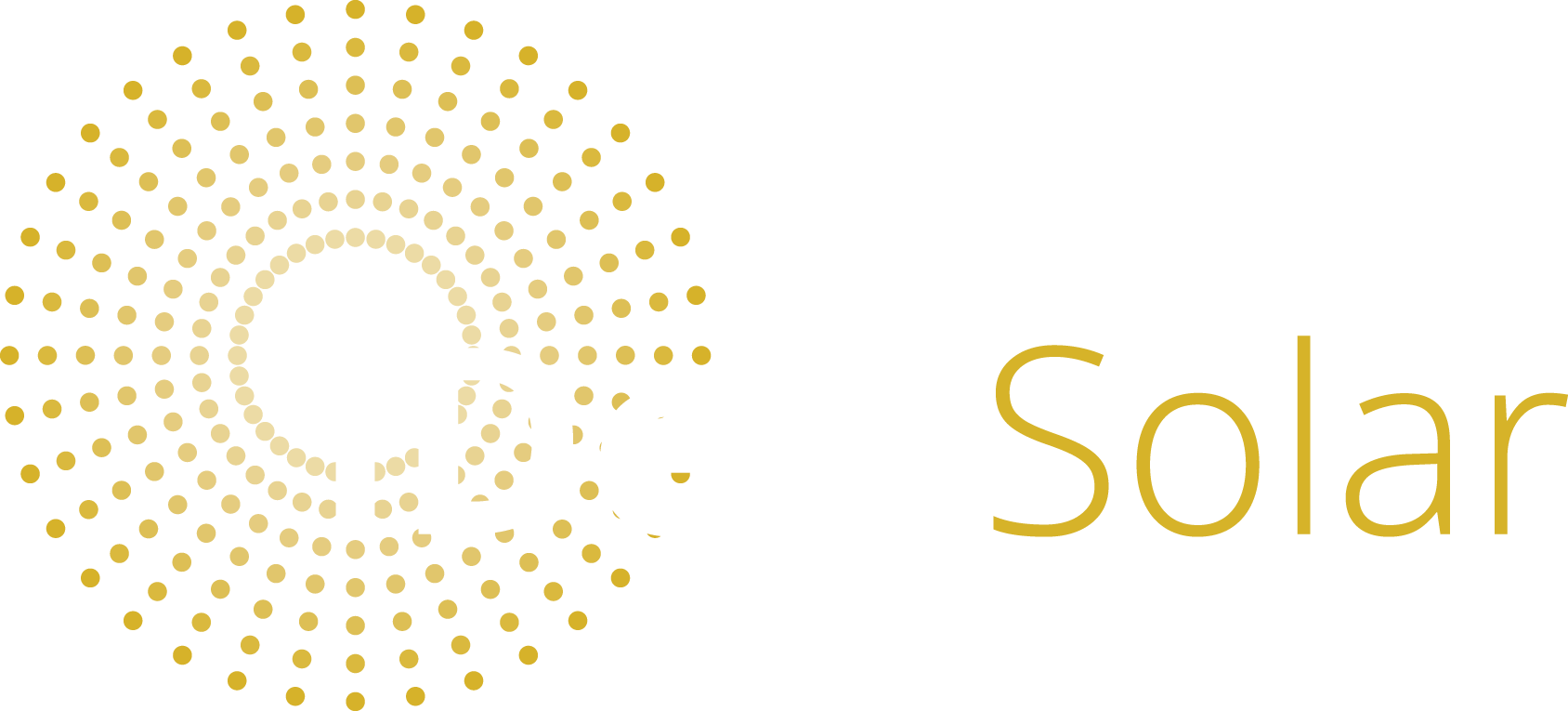Sharp Decline in Solar Stocks On July 15, 2024, solar stocks experienced a significant downturn, highlighted by steep declines in major companies like SolarEdge and First Solar. This report delves into the causes and broader implications of this market movement.
Factors Contributing to The Decline
Industry Challenges
- Excess Inventory: SolarEdge announced layoffs and acknowledged excess inventory, indicating a slowdown in demand, particularly in Europe. This announcement triggered a loss of confidence in the market, impacting other solar stocks.
- Economic Concerns: Broader economic concerns, including rising interest rates and inflation, have made investors wary of growth-dependent sectors like renewable energy.
- Policy Uncertainty: The solar industry is highly sensitive to government policies. Uncertainties regarding future incentives and subsidies in key markets have added to the volatility.
Market Reactions
The negative news from sector leaders led to a domino effect, with the Invesco Solar ETF (TAN) dropping by nearly 6%, reflecting widespread investor pessimism in the sector.
Broader Implications
Impact on Competitors
Companies across the board, including Canadian Solar and JinkoSolar, faced declines, showing the interconnectedness of the industry’s fortunes.
Long-Term Outlook
While the immediate outlook appears grim, the long-term fundamentals of the solar industry, such as the global push for renewable energy and technological advancements, remain strong.
Comparative Analysis: Solar Stocks vs. Traditional Energy Giants
Performance Metrics Comparison
As of July 2024, Chevron (CVX) and ExxonMobil (XOM) showed resilience in the energy sector, with stock prices rising by 3% and 4% respectively, contrary to the sharp decline seen in the solar industry. These traditional energy companies benefited from increasing oil prices, which surged to $75 per barrel, an increase of 5% from the previous month.

Also notable declines were observed in the solar energy sector. FirstSolar (FSLR) experienced a significant drop of 8.5%, making it one of the major losers in the S&P 500 on that day. This occurred despite earlier gains in May due to optimism about its role in powering AI developments. Additionally, Enphase Energy (ENPH) saw a reduction of over 5% in its stock value, while SunRun (RUN) faced a 9% fall. The Invesco Solar ETF (TAN) also recorded a decrease, falling nearly 6%. These movements reflect broader market trends and investor reactions to industry-specific challenges.
Market Influence
The stability of CVX and XOM, backed by substantial profits and solid dividends, tends to attract risk-averse investors, especially during times of economic uncertainty. This shift in investment preference can indirectly exert downward pressure on renewable energy stocks, including solar, as investors seek safer, more reliable returns during volatile periods.

Pros and Cons Based on Current Trends
Pros
- Technological Advancements: Continuous improvements in solar technology are making solar energy more cost-effective.
- Global Energy Shift: The ongoing global shift towards renewable energy promises robust future demand.
Cons
- Market Volatility: The solar sector remains susceptible to economic downturns and policy changes.
- Competition from Traditional Energy: As oil prices stabilize, traditional energy stocks might attract investors away from renewables.
Impact on Australian Solar Market
Renewed Investment Interest
Despite global market fluctuations, Australia’s commitment to renewable energy could lead to renewed investor interest in the local solar market. Government incentives and a robust national energy policy could stabilize and potentially boost stock performance of Australian solar companies.

Influence of Global Supply Chains
Australia’s solar sector is heavily dependent on global supply chains, especially from Asia. The recent downturn underscores the importance of diversifying supply sources to mitigate risks associated with international market volatility and trade policies.
Conclusion
The sharp decline in solar stocks on Monday, July 15, 2024 reflects a confluence of industry-specific challenges and broader market conditions. The recent declines in SolarEdge Technologies (SEDG) and First Solar (FSLR) stocks reflect the volatility and regional differences in the solar energy sector.
SolarEdge’s issues with excess inventory and workforce reductions have significantly impacted its stock, particularly due to the sluggish European market. Conversely, First Solar shows promise in the U.S. market, bolstered by domestic manufacturing and favorable protectionist policies.
Investors and stakeholders should closely monitor regional market conditions, policy changes, and company-specific news. While challenges persist in Europe, the positive trends in North America offer potential opportunities. Staying informed and adaptable will be key to navigating the evolving landscape of the solar energy sector.
To read more blogs about solar regularly visit: idealsolar

